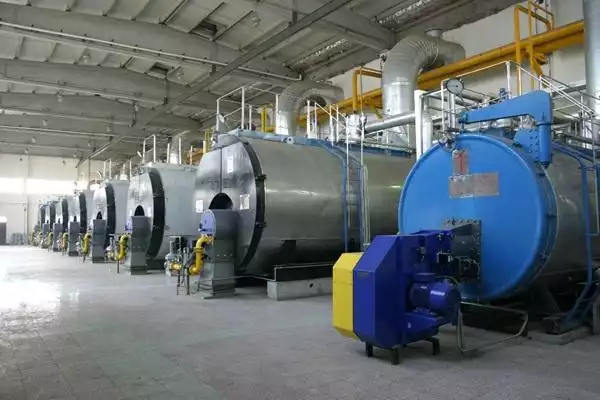
Fangkuai Boiler Introduces New Biomass Boilers >

Компанія FangKuai Boiler: Leading the Way in Energy-efficient Boiler Manufacturing >
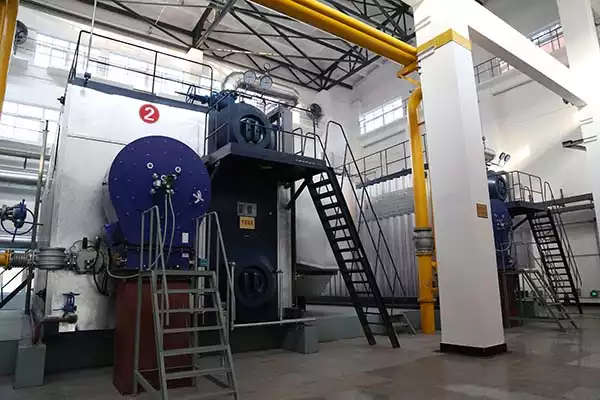
FangKuai Boiler Continues to Lead the Way in Energy-efficient Boiler Manufacturing >

Котли Fangkuai: A Stable Development in the Overseas Market >
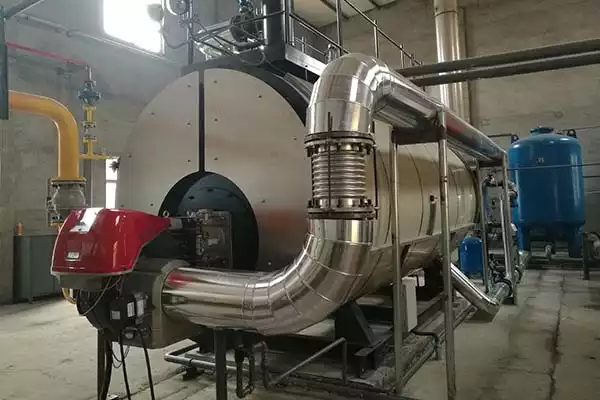
Boost Brewing Efficiency with Fangkuai Gas Boilers & Condensing Water Recovery >
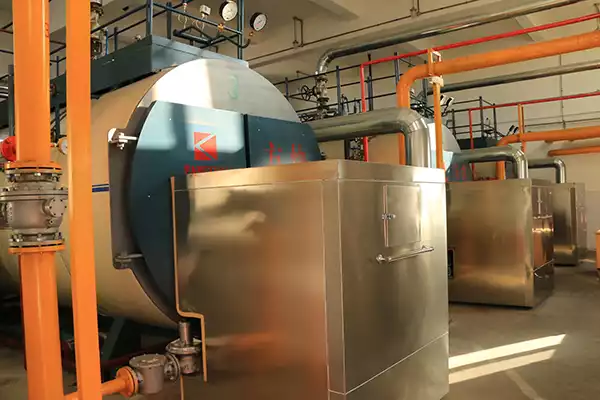
Empowering the Textile Industry in Bangladesh with Fangkuai Dual Fuel Boilers >
.jpg)
Discover the key factors affecting industrial electric steam boiler price, including capacity, тиск, та енергоефективність. Get expert insights to make an informed purchase decision.

Learn the key factors that affect heater boiler replacement costs, including boiler type, розмір, installation complexity, та енергоефективність. This guide helps you make an informed decision and plan your budget effectively for a cost-efficient replacement.

A fire tube steam boiler is a type of boiler in which hot gases pass from a fire through one or many more tubes running through a sealed container of water. The heat of the gases is transferred through the walls of the tubes by thermal conduction, heating the water and ultimately creating steam. This type of boiler is widely used in various industries for heating and power generation.

Installing a heating boiler is a significant investment that directly impacts your home's comfort, енергоефективність, and long-term savings. Whether you're upgrading an old system or installing a brand-new boiler, understanding the cost factors, installation process, and ways to save money is crucial.
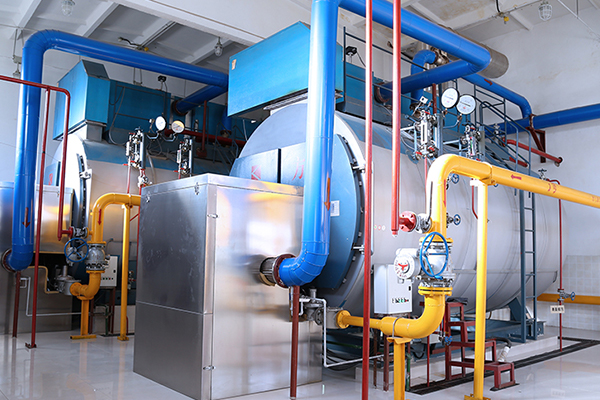
This guide provides a professional overview of steam boilers, covering their types, working principles, and efficiency to help you make informed decisions.
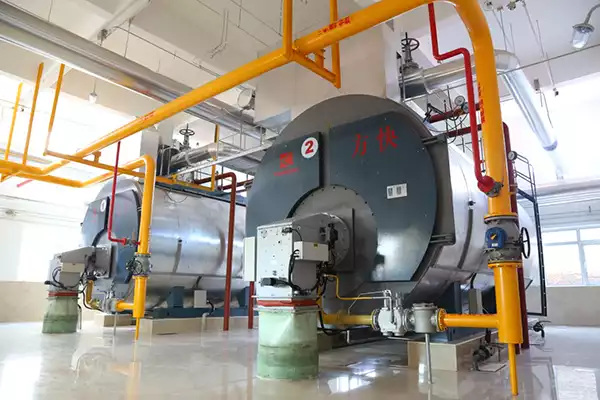
В даний час, we have provided one-stop solutions for manufacturing, installation, commissioning, and operation for 200+ industries.
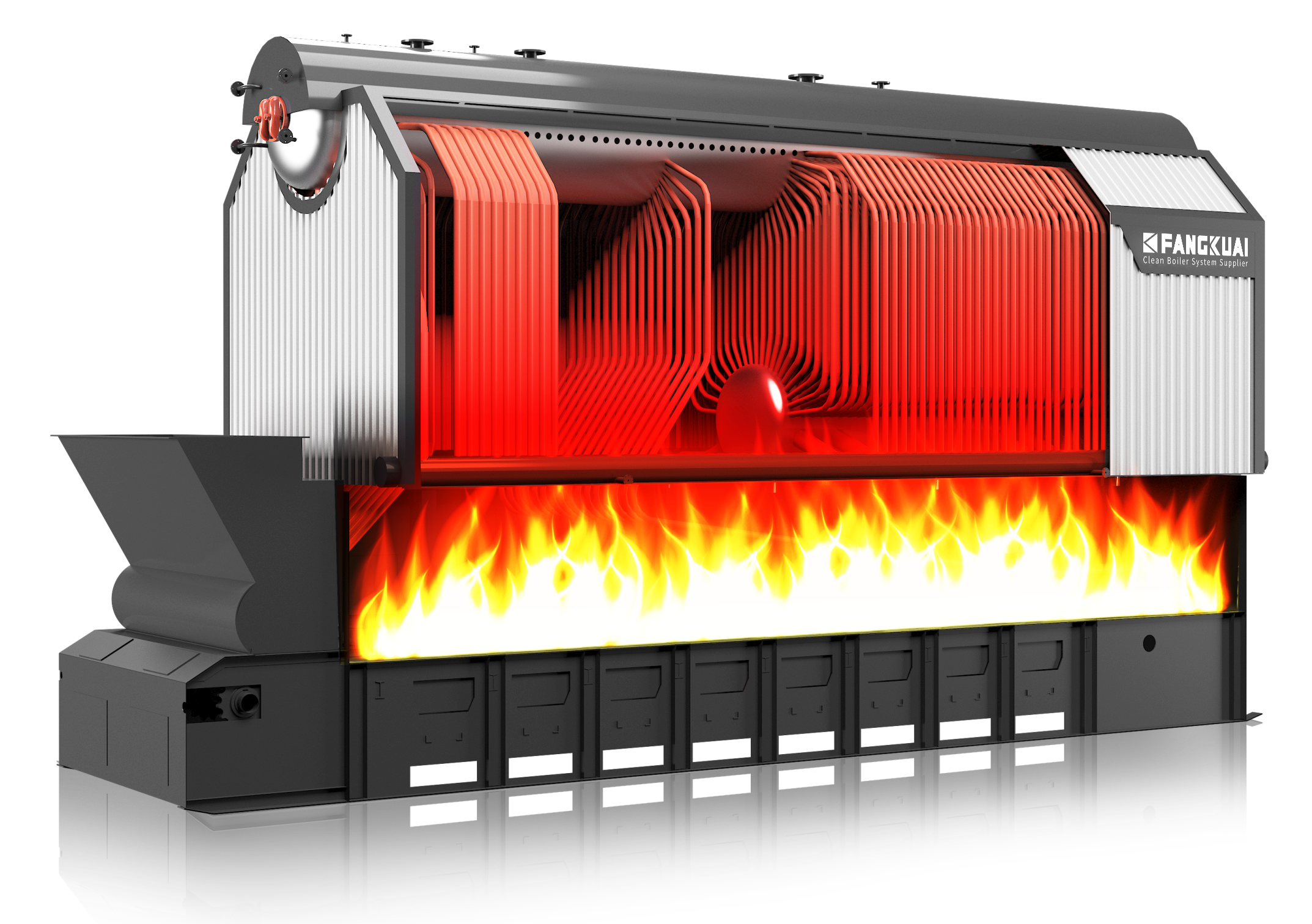
In today’s industrial and commercial sectors, reducing energy consumption and cutting down carbon emissions have become crucial goals for enhancing operational efficiency. Котли на біомасі, as an efficient and environmentally-friendly energy solution, are gaining increasing popularity among business owners and building managers.
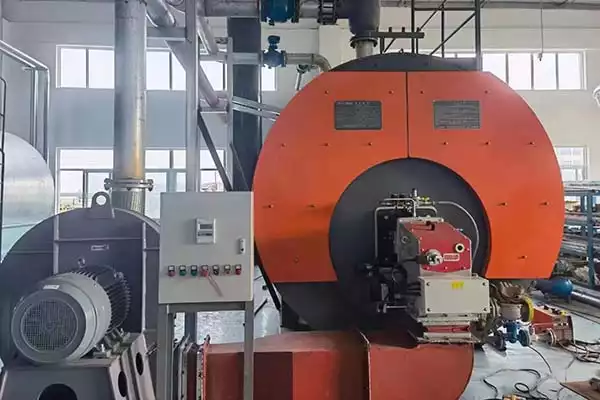
В останні роки, the biomass boiler types that are relatively mature and have more application performance are water-cooled vibrating grate furnaces, circulating fluidized beds and a small number of combined grate boilers. This paper analyzes and compares the characteristics of several boiler types and the influence of moisture, ash and impurities in the composition of biomass fuel on the selection of biomass boilers.
7 кроки, щоб розповісти, як очистити паровий котел
Discover the essential steps and techniques for effectively flushing a boiler system. Learn the significance, safety measures, different methods, and maintenance tips for maintaining optimal boiler performance.Steam boiler water level is too high: causes, effects and solutions
A high water level in a steam boiler can be a concerning issue as it might lead to water carryover into the steam lines, affecting the efficiency and safety of the boiler system. There are a few potential reasons for this problem and steps you can take to address it:Reasons and solutions for steam boiler not working
steam boilers sometimes stop working, which brings great inconvenience to production. Так, what is the reason why the steam boiler is not working? How can we solve this problem? Next, let us discuss it together.Як уникнути нерівномірності тепла в газових котлах?
Нерівномірне нагрівання газового котла відноситься до явища нерівномірного теплового навантаження в одній і тій самій групі труб поверхні нагріву..За яких обставин необхідно вимкнути газовий котел?
Після деяких надзвичайних ситуацій, під час роботи газового котла можуть виникнути деякі проблеми. Оператор котла повинен бути уважним до газового котла, перевірити роботу котла в режимі реального часу, та зупиніть котел, якщо необхідно, щоб уникнути більш серйозних небезпечних аварій.Що робити, якщо раптово впала навантаження газового котла?
Коли раптово падає навантаження газових котлів, слід звернути увагу підрозділам підприємства, які використовують котли. Це серйозна небезпечна ситуація для котла, супроводжується такими ситуаціями:Які заходи безпеки слід вжити після виведення газового котла з експлуатації?
Багато газових котлів не працюють постійно протягом року. Коли підприємство більше не працює або з інших причин, котел вимкнеться. Проте, після виходу котла з експлуатації, необхідно вжити певних заходів безпеки. Так, яких заходів безпеки слід вжити після виходу з експлуатації котла на хімзаводі?Як зменшити споживання палива газовим котлом?
Як зменшити споживання палива газовими котлами? Для газових котлів, з метою економії палива та підвищення теплової ефективності котла, ми повинні виходити з наступних аспектів.
Вiew Відгуки нашого Замовника
"Я придбав паровий котел Fangkuai для своєї фабрики, і він працює бездоганно вже кілька місяців. Якість матеріалів і конструкції котла вражають. Це також дуже енергоефективно, що допомогло нам заощадити гроші на наших рахунках за електроенергію. Я настійно рекомендую продукцію Fangkuai усім, хто потребує надійних та ефективних рішень для опалення."
Джон
США"Парогенератор від Fangkuai ідеально підходить для мого малого бізнесу. Він дуже простий у використанні та вимагає мінімального обслуговування. Це також дуже енергоефективно, що допомогло мені заощадити гроші на рахунках за електроенергію. Обслуговування клієнтів у Fangkuai також чудове. Вони дуже чуйні і завжди готові допомогти. Я дуже рекомендую парогенератори Fangkuai."
Ахмед
Єгипет"Я дуже вражений якістю водогрійного котла Fangkuai. Він створений для тривалого використання та перевершив мої очікування. Процес встановлення також пройшов дуже гладко, а обслуговування клієнтів було чудовим. Водогрійний котел дуже простий в експлуатації та обслуговуванні, і енергоефективність чудова. Я дуже рекомендую водогрійні котли Fangkuai."
Джек
Австралія"Парогенератор від Fangkuai ідеально підходить для мого малого бізнесу. Він дуже простий у використанні та вимагає мінімального обслуговування. Це також дуже енергоефективно, що допомогло мені заощадити гроші на рахунках за електроенергію. Обслуговування клієнтів у Fangkuai також чудове. Вони дуже чуйні і завжди готові допомогти. Я дуже рекомендую парогенератори Fangkuai."
Ахмед
Єгипет"Ми роками використовуємо термальний масляний котел Fangkuai для нашого хімічного заводу, і він ніколи не підводив нас. Котел дуже міцний і може витримувати суворі умови. Він також дуже простий в експлуатації та обслуговуванні, що допомогло нам заощадити час і гроші на технічне обслуговування. Термомасляні котли Fangkuai є першокласними, і я настійно рекомендую їх усім, хто потребує надійних рішень для опалення."
Чанг
Китай"Термомасляний котел від Fangkuai дуже простий в експлуатації та обслуговуванні. Це допомогло нам заощадити час і гроші на технічне обслуговування, що призвело до значної економії коштів. Якість матеріалів і конструкції котла виняткові. Це також дуже енергоефективно, що допомогло нам заощадити гроші на наших рахунках за електроенергію. Я настійно рекомендую термальний масляний котел Fangkuai ."
Аллен
Бразилія"Парогенератор від Fangkuai ідеально підходить для мого малого бізнесу. Він дуже простий у використанні та вимагає мінімального обслуговування. Це також дуже енергоефективно, що допомогло мені заощадити гроші на рахунках за електроенергію. Обслуговування клієнтів у Fangkuai також чудове. Вони дуже чуйні і завжди готові допомогти. Я дуже рекомендую парогенератори Fangkuai."
Ахмед
Єгипет"Я дуже вражений якістю водогрійного котла Fangkuai. Він створений для тривалого використання та перевершив мої очікування. Процес встановлення також пройшов дуже гладко, а обслуговування клієнтів було чудовим. Водогрійний котел дуже простий в експлуатації та обслуговуванні, і енергоефективність чудова. Я дуже рекомендую водогрійні котли Fangkuai."
Джек
Австралія"Я придбав паровий котел Fangkuai для своєї фабрики, і він працює бездоганно вже кілька місяців. Якість матеріалів і конструкції котла вражають. Це також дуже енергоефективно, що допомогло нам заощадити гроші на наших рахунках за електроенергію. Я настійно рекомендую продукцію Fangkuai усім, хто потребує надійних та ефективних рішень для опалення."
Джон
США